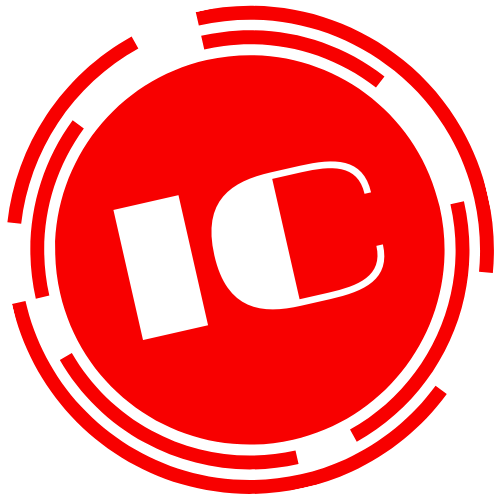When a problem is correctly identified, half the battle is already won. You may not necessarily win the war, but you have a clear vision of your path. Staying safe online is the same way. When you know what you're dealing with, you have a better strategy for how to deal with it. It's a bit like "the devil you know". So, here are 11 things or names you should know to shore up your network security.
1. Malware: A common name for computer worms, malware is short for malicious software. Malware is software script or code written to inflict damage on a computer (hopefully not yours), a server, or a network of computers or servers. One of the tricky things about malware is that they have the ability to hide inside files and can reinstall even after deleting them. Malware has the ability to distance your system.2. Adware - Adware scripts are designed to place advertisements on your computer screen for program owners. These ads can appear as pop-ups, underlay windows, and are sometimes embedded in programs. These pop-ups can appear even when you are not browsing. Adware pop-ups target the content of the website that you are browsing when online.
3. Spyware - This is another group of malicious software. As the name implies, these software scripts are written to spy on you. They work behind the scenes to gather information about your behavior on the Internet and even about your computer use. Some of the information transmitted to the owners of the program includes search terms that you enter in the search box, credit card information, your name, login names and passwords, etc. Spyware owners can use this information for marketing purposes and can sell your information to other people. entities.
4. Trojan Horses: A Trojan horse is designed to infiltrate your computer without raising the alarm. They often disguise themselves by pretending to be what they are not. They can be presented as a useful program, it can be an important update.
Trojans are specifically written to cause damage by destroying or changing the data on your hard drive. They can erase an entire hard drive, extract data such as credit card information, personal passwords, and logins.
5. Browser hijackers: Hijackers are scripts designed to stop your browser and its components. They are known to redirect to the pages they choose. Most of the time, the pages they redirect to leave a lot to be desired.
6. Dialers: dialers are another type of malware. As the name implies, these scripts dial the phone number through your modem. A malware dialer secretly installs itself on your computer to dial 900 numbers, resulting in charges and large phone bills for you and bank deposits for program owners.
7. Toolbars - Typically, legitimate toolbars, such as the Yahoo Toolbar or the Google Toolbar, provide additional functionality to the browsing experience. Malware toolbars, on the other hand, mimic the behavior and functionality of legitimate toolbars while displaying proprietary advertisements and extracting data from your computer.
8. Cookies: A cookie is a text file that is placed in your computer memory and that tags it to a particular website. Cookies store information that the visited website considers important to them. Cookies are legitimately used by online merchants to facilitate and enhance visitors' online transactions. For example, an incomplete transaction can be cooked for future reference.
9. Viruses: Viruses are computer scripts or program code written to spread from one file to another or from one computer to another. They are not always written with the intention of causing harm. But the intention or not, that is not important. The truth is that viruses cause harm, even if the harm is unintentional.
10. Worms: Worms are viruses designed to hijack themselves by making copies of themselves on a computer or on a computer network.
11. Commonsenseware: Having talked all about the bad things, I think now is the time to talk about the good things. You can call it whatever you want, but I call it commonsenseware. This is probably the most important of all the names we talk about. Why? Because it is your best defense against all the merchandise and worms, the bad things. While implementing software tools like antivirus, firewall, and scan and removal applications are an excellent and inescapable defense against all bad things, a little "commonsenseware" will go a long way in your battle against malware. Remember, malware has serious privacy implications and should not be taken lightly.


Post a Comment